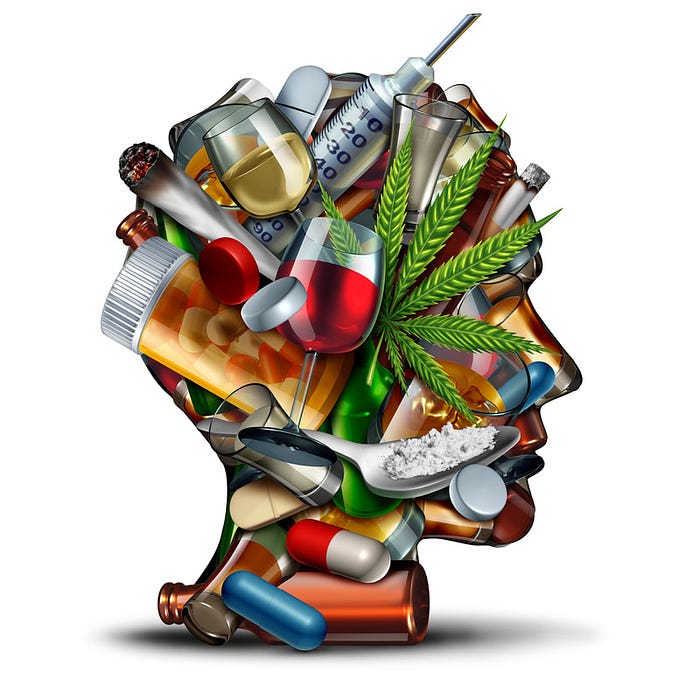
In 2009, an estimated 149–271 million people worldwide used illicit drugs. 125–203 million were cannabis users. These numbers likely undercount actual illicit drug use because of the illegality of many illicit drugs.
This paper summarizes the prevalence and health consequences of use for some of the most commonly used drugs:
- Amphetamines
- Cocaine
- Opioids
- Cannabis.
Drugs with potential for dependence
Opioids, cocaine, and amphetamines all have high potential for dependence. Due to unsafe injection practices, these drugs are associated with mental disorders, suicide, and the potential for infections.
Cannabis presents a different problem from that of heroin, opioids, and amphetamines, because of its low mortality rate compared to the other three drugs. However, the prevalence of cannabis use makes it a critical area of study because of its association with dependence and mental disorders.
Difficulties in reported drug use
Illicit drug use is more prevalent in higher income countries, but only a portion of illicit drug users become dependent. However, the criminalization of illicit drugs makes it difficult to collect high quality data on drug use.
In the United States, the increase in cannabis legalization since 2009 has been accompanied by slightly higher reported rates of cannabis use. This may not reflect an actual increase in use, but rather just an increase in reported use.
Questions remain about drug use
Many questions still remain given the evidence available. For example, how much does criminalization of these drugs change their use? And how many users eventually become dependent?
Decriminalization of drugs could provide the avenue to collect better data to make more informed policies regarding drug regulations.
Concerned about cannabis dependence?
To learn how to prevent or manage your cannabis dependence, book an appointment with our medical cannabis doctors through our virtual booking link or by giving us a call (617–500–3595).
Dr. Caplan and his team at The CED Clinic in Chestnut Hill, MA are available to guide and support you!
